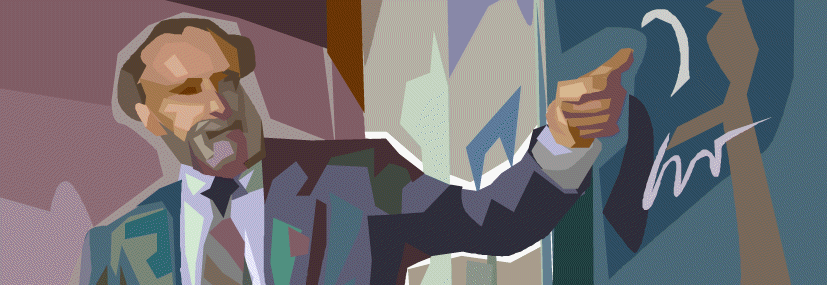Discovering New Places
May the ocean always be as calm and benevolent as it is today. In this hope, I name it the Pacific Ocean.
—Ferdinand Magellan on entering the Pacific Ocean, November 27, 1520
You are going to study abroad. You have seen the school's brochure, possibly seen some pictures on their Web site; but you really have no idea what it will be like to live there. History may be able to help you to understand your situation better. History is the study of past events, particularly in human affairs. By studying history, you can gain a better understanding of how we got to where we are today.
As students set off for a new country, they are a little like the early European explorers who sailed into the unknown with very little reliable information. They hope that by using the information available they have made the right choices and will find what they are looking for—like Ferdinand Magellan, whose men were the first to circumnavigate the earth. That experience is the subject of this short video clip from the BBC.
Here is what else students should learn by studying the voyages of early European explorers.
- How European explorers were able to accomplish what they did.
The role played by technology in enabling the early European explorers to venture so far from known lands.
- Why Europeans chose to explore and colonize the world.
Other countries, such as China, had possessed the capacity to colonize others; yet it was Spain and Portugal that were among the first to actually do so.
Try This!
Read "Voyages of Discovery," a summary of the major European explorations of the 15th and 16th Centuries. (You may need to install Acrobat Reader.) Then ask yourself, "Did the explorers always find exactly what they were looking for?" Think about what this might mean for your own life as you embark on your educational journey. Write down some of your thoughts about this in a journal.

 Lessons
Lessons